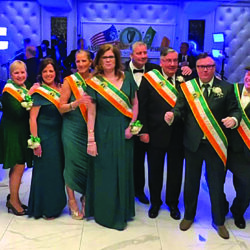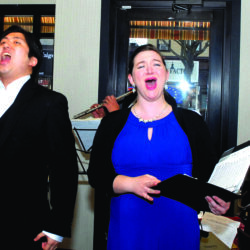
Common Sense: Fair Redistricting
In addition to candidates for public office ranging from governor to state assemblymember, this year’s ballot will contain two proposals and one bond act to be voted on by the public.
For the next three weeks, I would like briefly to discuss an individual one. Proposal Number One deals with the manner in which the state reapportions its legislature every 10 years as a result of the Census.
I might add that I was the staff director in charge for the Assembly Republican Conference during the 1990 reapportionment and played a senior staff role on behalf of the Assembly Republicans during the 2000 reapportionment. It does not make me an expert, but I think I have a good sense of a lot of what is wrong with the way our state has done reapportionment in the past.
Leave a Comment
Leave a Comment


